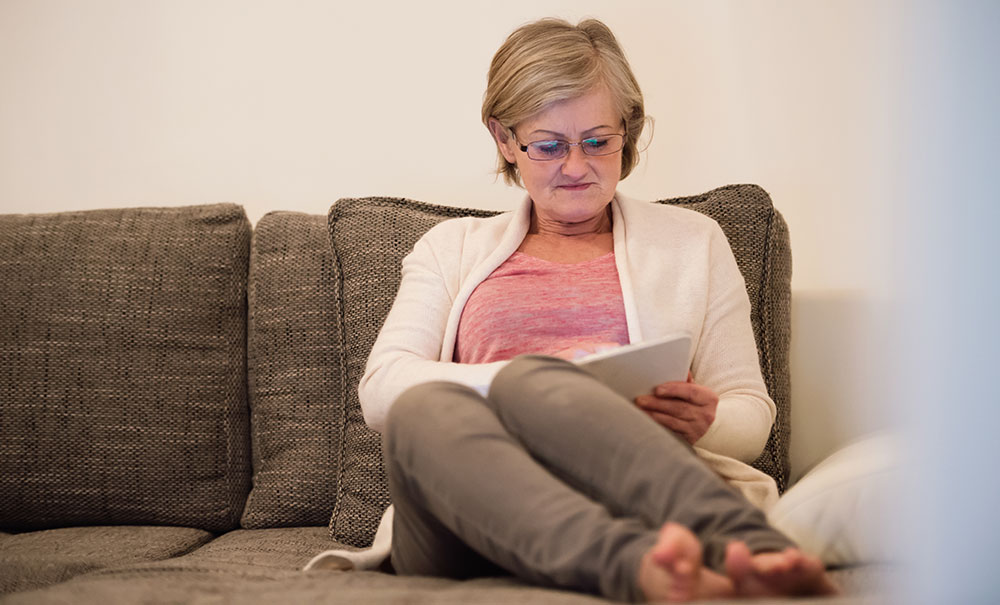An innovative network is making access to all-important information about individual breast cancer risk more convenient.
Women schedule screening mammograms and receive an electronic invitation to an Athena Breast Health Network questionnaire. Those who choose take a few minutes to answer the questions and find out if they may be at elevated risk for breast cancer.
Sanford Health is the network’s clinical partner of the University of California medical centers program. Designed to merge clinical care and research to advance breast care, the program is expanding across the Sanford Health footprint.
Patients answering the questions receive a follow-up letter explaining any particular areas indicating higher risk. These factors are discussed with a breast health specialist over the phone. Also discussed are potential resources to mitigate the risk factors. Some can be lifestyle-related, like quitting smoking or losing weight. Other cases may call for referrals to local breast clinics or genetic counselors.
“On their schedule, on their device, patients can answer questions,” Sanford Health certified genetic counselor Larissa Risty, M.S., explains. “Women who may be at increased risk for breast cancer are contacted by breast health specialists.”
Consultation with an Athena breast health specialist comes at no fee for patients.
“A more detailed risk assessment can take place and an individualized screening plan, based on your own risk, can be created at the breast clinic or with the genetic counselor,” Risty says.
Women who wanted to better understand their breast cancer risk previously went through a longer screening process with a primary care provider or genetic counselor. Athena network information moves quickly and electronically. The network also places a high value on staying up-to-date. Participants are annually re-invited to update their information.
“Fifteen minutes of your time really can bring to light some of the risk factors that you may not have thought of and can help provide you with the most appropriate resources for your breast health,” Risty adds.
…
Posted In Cancer, Health Information, Imaging, News, Women's
